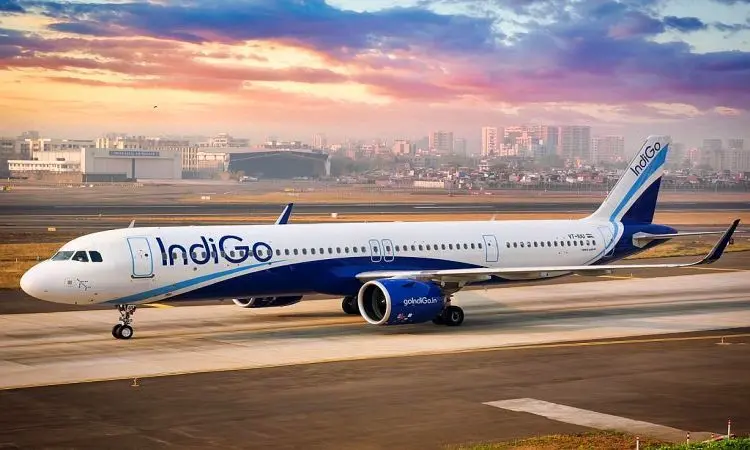Indigo New Q2FY25 Yield Resilience Amid Weakening Demand
Indigo (InterGlobe Aviation ) saw its yield per passenger increase to Rs 5.24 in the June quarter, up from Rs 5.18 a year earlier. Despite this year-over-year growth, the yield per passenger in Q2FY24 decreased to Rs 4.44. This decline in the second quarter reflects changing market dynamics and pricing pressures.

Indigo, the operator of low-cost airline Indigo, announced on July 26 that despite July-September being a seasonally weak quarter, it does not expect its yields in the ongoing quarter to fall compared to the same period last year.
Indigo’s load factor, a critical measure of how efficiently an airline fills seats, has shown signs of weakness in the first quarter. The airline faced challenges in maintaining high occupancy rates due to fluctuating travel demand and competitive pricing pressures.
Leading airline Indigo on Friday said it is experiencing a higher inflationary environment, with various expenses, including fuel costs and airport charges, going up. The airline, which reported a 12 per cent fall in the June quarter profit due to cost escalation, is looking at ways to control costs.
During a post-earnings conference call on July 26, the airline’s management stated that IndiGo’s yields in Q2FY25 will likely decline compared to Q1FY25 but are not expected to dip below the levels seen in Q2FY24. InterGlobe Aviation’s yield per passenger rose to Rs 5.24 in the June quarter from Rs 5.18 a year ago, according to a company press release on July 26. However, its yield per passenger in Q2FY24 stood at Rs 4.44.
“Last year (2023-24) was the first full year after the pandemic, and yields were still recovering. So we don’t expect yields in the ongoing quarter to fall below last year’s level despite a fall in demand,” the company’s management said.
“Currently, we are experiencing a higher inflationary environment across the board. Nonetheless, we are looking at ways to control costs,” the company’s management said during the airline’s post-earnings conference call on July 26.
Indigo reported a profit of Rs 2,736 crore in Q1FY25, down 11.5 percent from a net profit of Rs 3,090.6 crore in the same period a year ago, mainly due to a 22.7 percent rise in the airline’s aircraft fuel expenses, which increased to Rs 6,416.5 crore.
Year-on-year, ATF prices in April 2024 stood at Rs 1,00,893.63 per Kilo Litre, 2.6 percent higher than Rs 98,349.59 per Kilo Litre in April 2023. Similarly, jet fuel in June 2024 was priced at Rs 94,969.01 per Kilo Litre, 6.34 percent higher compared to Rs 89,303.09 per Kilo Litre in the same period in 2023.
The airline’s management also noted that some states increasing the value-added tax (VAT) on jet fuel or aviation turbine fuel, along with airports in the country hiking certain airport fees, is creating an inflationary environment for aviation in the country.
Conclusion
As Indigo prepares to announce its Q1 results, investors and stakeholders will be closely monitoring the impact of the weak load factor and the Delhi T1 crisis on the airline’s financial health. The anticipated decline in PAT underscores the need for robust strategic measures to navigate the turbulent market conditions and sustain long-term growth.